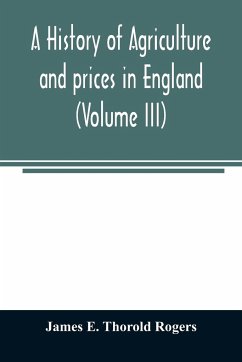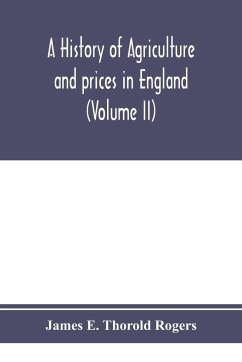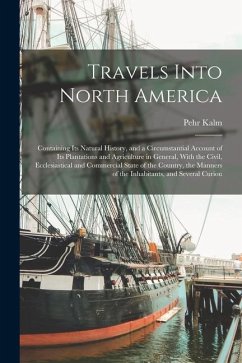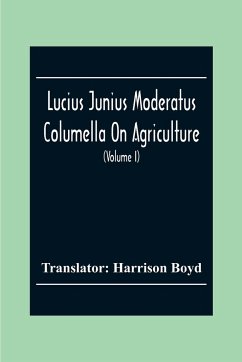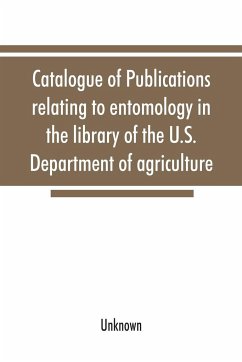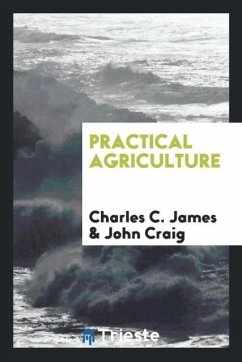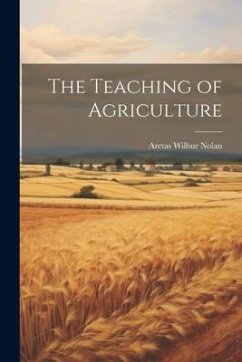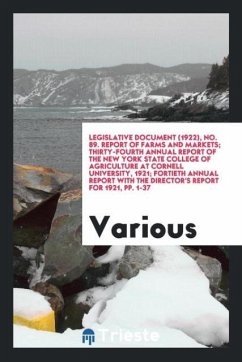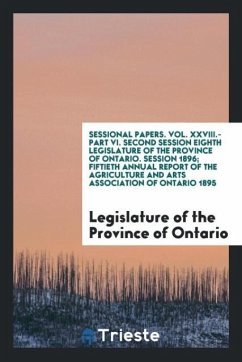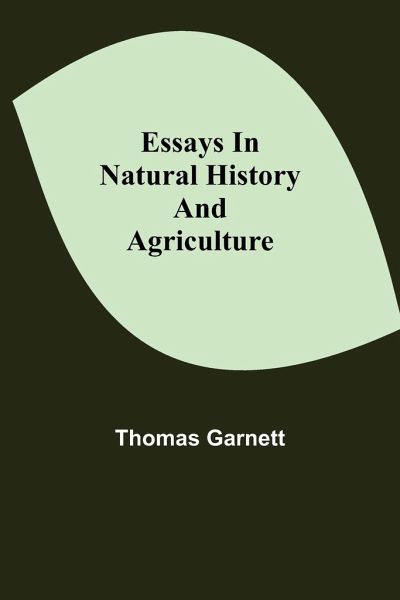
Essays In Natural History And Agriculture
Versandkostenfrei!
Versandfertig in 1-2 Wochen
19,99 €
inkl. MwSt.
Weitere Ausgaben:

PAYBACK Punkte
10 °P sammeln!
A lucid doorway into a world where hedgerows, fields, and the domestic fireside mingle with careful observation and quiet wonder. This is the essay style natural history that feeds curiosity as it maps a countryside's daily rituals. Thomas Garnett's Essays In Natural History And Agriculture fuses early natural history collection with practical insight into farming and botany. Read as a single, richly attentive narrative, it blends rural life observations with notes on domestic animal husbandry, home garden practices, and the Allen-like habit of compiling knowledge for student of natural histor...
A lucid doorway into a world where hedgerows, fields, and the domestic fireside mingle with careful observation and quiet wonder. This is the essay style natural history that feeds curiosity as it maps a countryside's daily rituals. Thomas Garnett's Essays In Natural History And Agriculture fuses early natural history collection with practical insight into farming and botany. Read as a single, richly attentive narrative, it blends rural life observations with notes on domestic animal husbandry, home garden practices, and the Allen-like habit of compiling knowledge for student of natural history and curious minds alike. The book moves beyond pure taxonomy to capture atmosphere, season, and the rhythms of Georgian era Britain, offering a vivid portrait of british countryside life and its enduring traditions. Indispensable for casual readers and classic-literature collectors alike, the work stands as a significant historical artefact-an accessible window into early agricultural literature and the everyday science behind farming, gardening, and rural living. Its enduring appeal lies in its clarity, humanity, and the quiet dignity of careful observation, amplified here by an illustrated edition natural history that enriches both mood and meaning. Out of print for decades and now republished by Alpha Editions, this volume is restored for today's and future generations. More than a reprint, it is a collector's item and a cultural treasure for home garden enthusiasts, scholars, and anyone drawn to the gentler science of a long-ago countryside.




